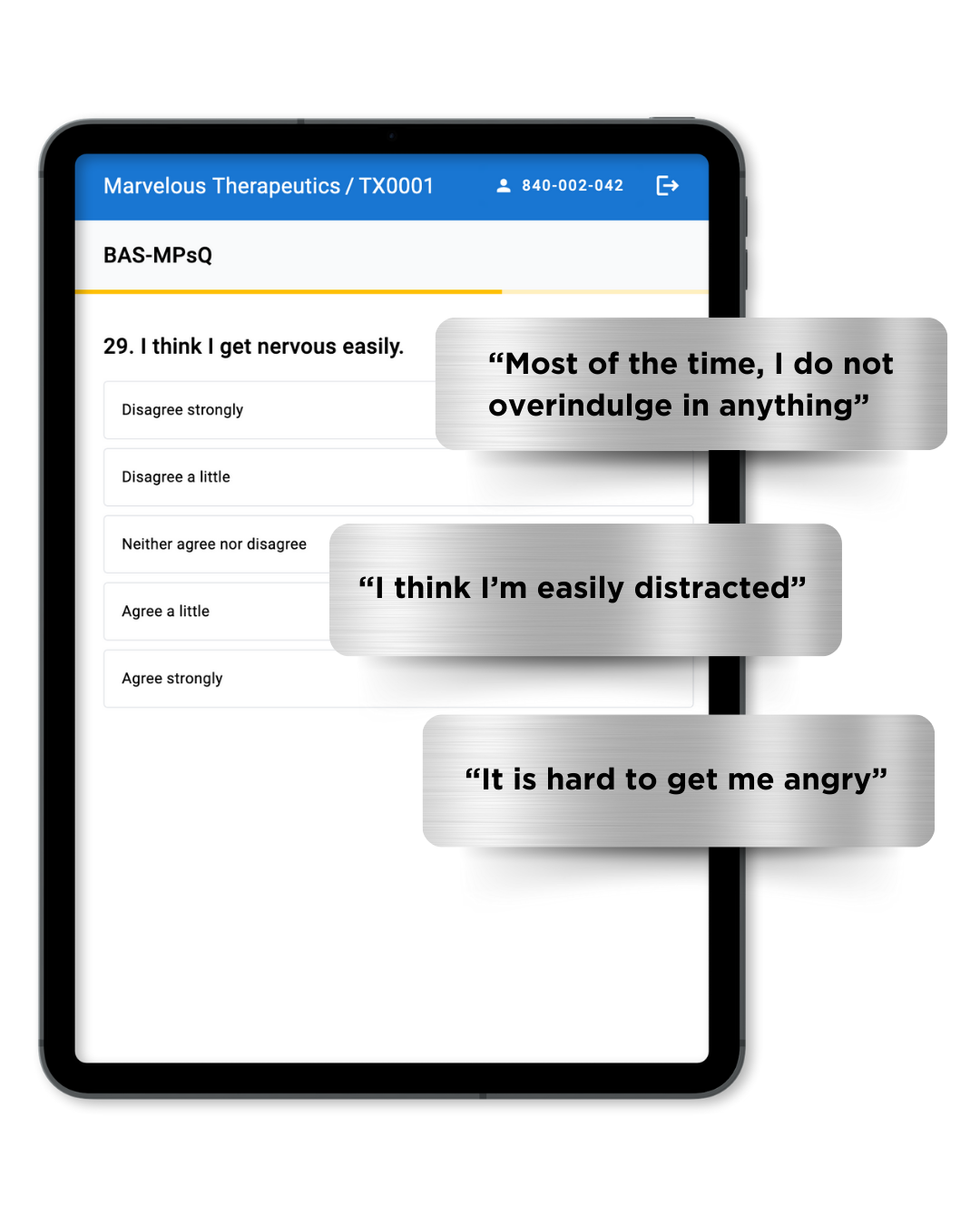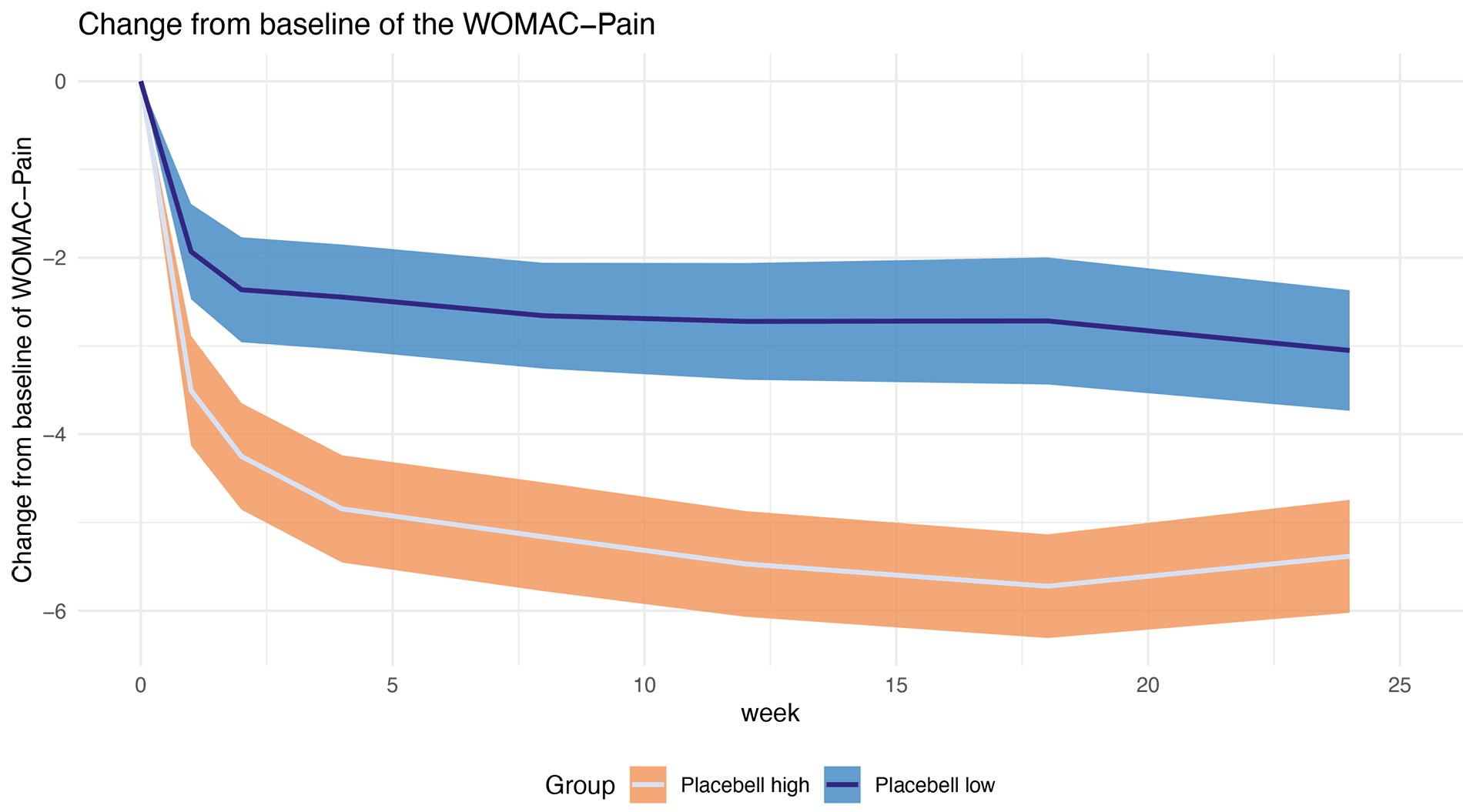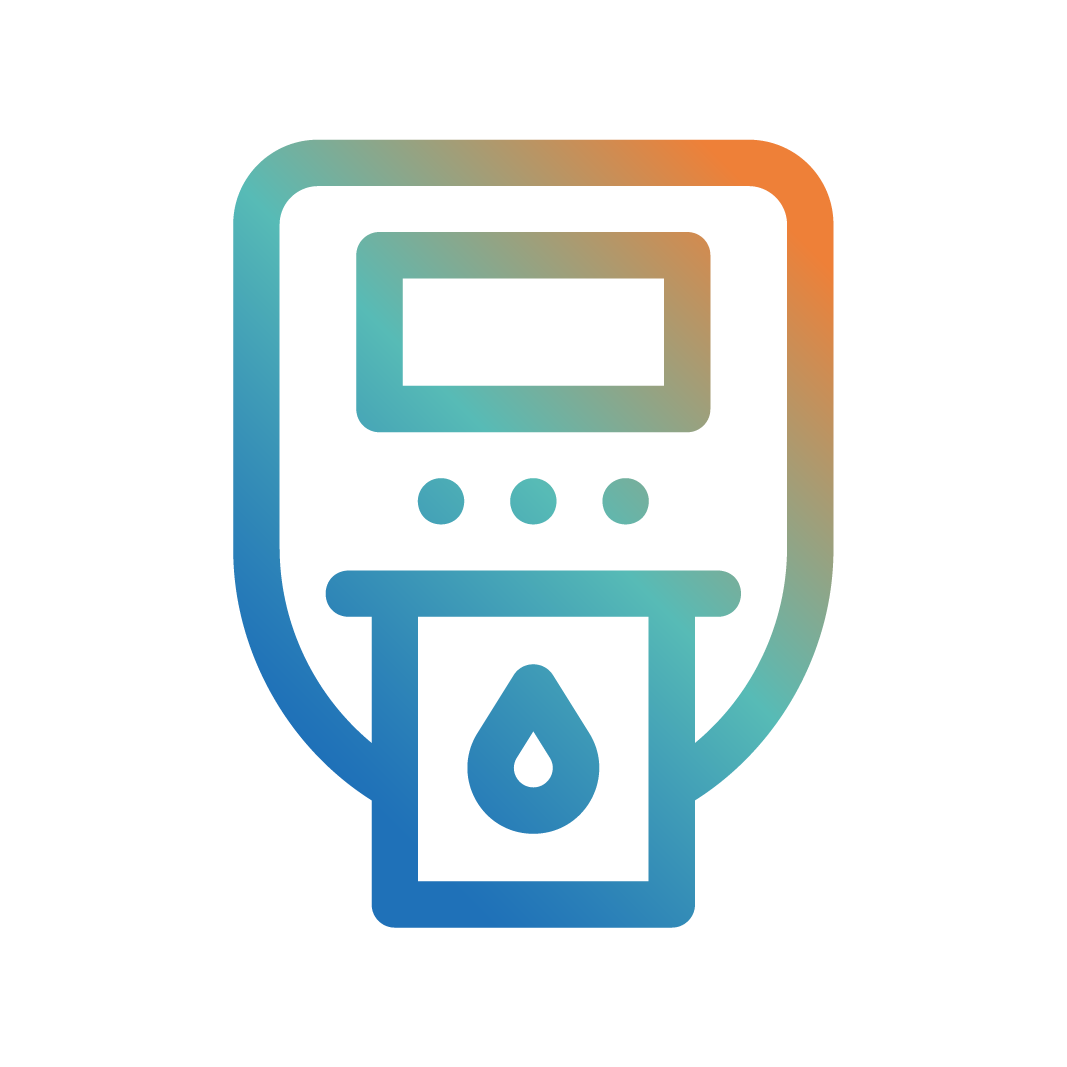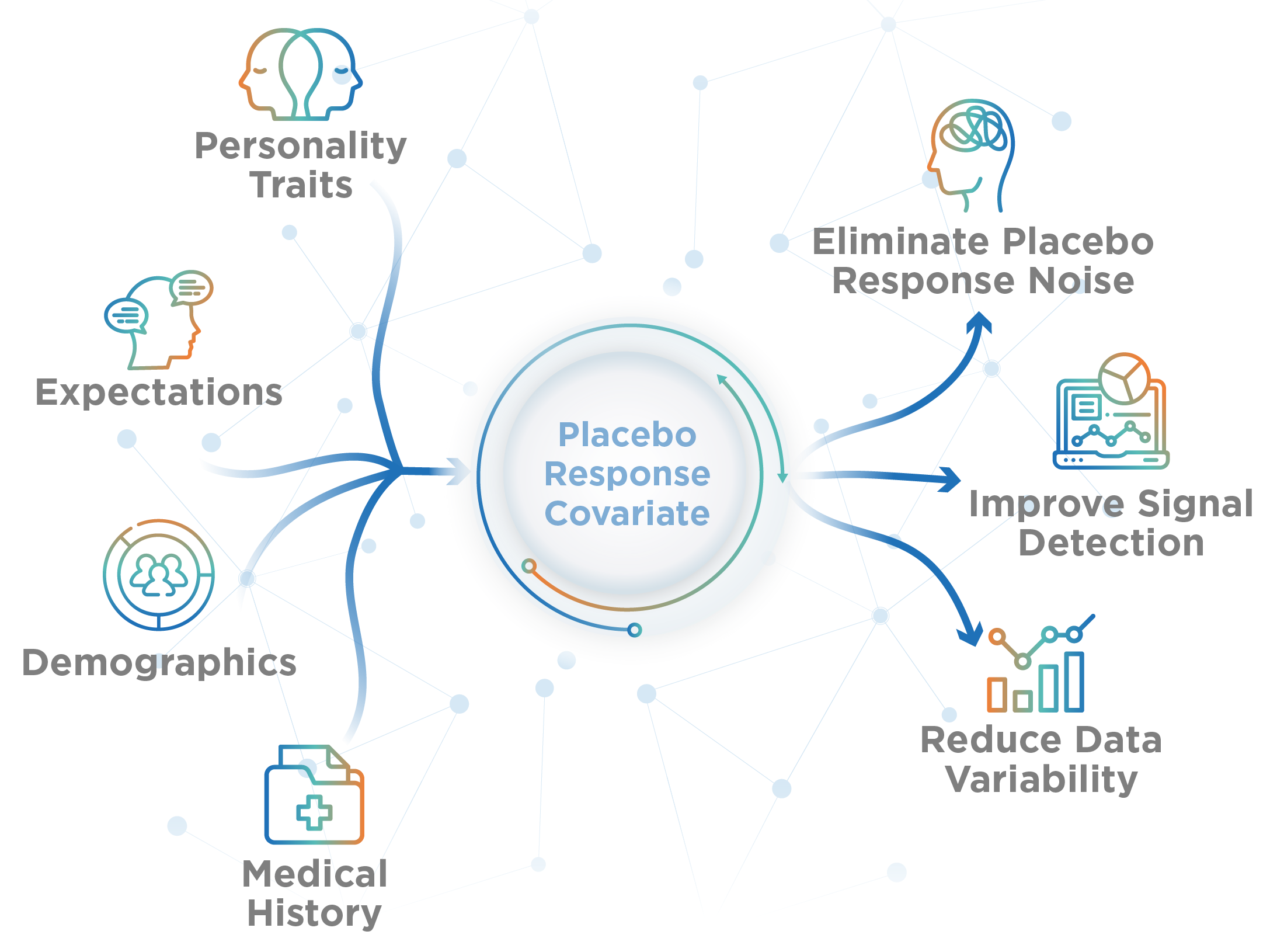
Increase Study Power without Enrolling More Patients
Placebell is a simple, cost-effective solution that mitigates data variability caused by factors like the placebo response.
- Improve your ability to demonstrate statistical significance
- Increase study power - without adding risk
- Decrease your data variability
- Reduce Type II error
0%
Increase in study power
0%
Decrease in variability
0%
Reduction of type ll error
Treatment effect estimation precision improved by 40% in OA clinical trial
In osteoarthritis clinical trials, the placebo response can mask treatment effects. This phase II trial assessed the Placebell model’s ability to account for placebo response when testing the efficacy of single-dose intra-articular (IA) injection of UBX101 in patients suffering from painful OA of the knee.
- 27.7% of the variance in WOMAC-Pain scores was explained by the placebo response model.
- p < 0.001 for all primary and secondary endpoints, confirming highly significant predictions.
- 40% improvement in treatment effect precision, equivalent to adding 72 more patients to the study.

Proven & Translatable Effectiveness
Placebell has been successfully applied to many indications and can be applied to virtually any disease with significant placebo response rates.

Pain

Allergy

Osteoarthritis

Diabetes

Parkinson’s Disease

Other Indications
How Placebell Works
STEP 1
Assess patient traits & characteristics
Patients complete the MPsQ post-screening and before the first dose of either an active agent or placebo. The MPsQ measures traits, expectations, and other psychosocial factors.
STEP 2
Apply Placebell machine learning-powered platform
Placebell© machine learning-based algorithms account for placebo response and patient heterogeneity, contextual factors resulting in Prognostic baseline covariates for each patient.
STEP 3
Use Covariates in alignment with regulatory requirements
Placebell Prognostic baseline Covariates for each patient are implemented to adjust statistical analyses, reducing variance and increasing study power – more than usual baseline or prognostic covariates.
Need help analyzing your clinical trial data?
In addition to helping researchers characterize the placebo response, Cognivia can help you detect and explain sources of clinical site variability and adjust data for a cleaner, better understanding of study results.
In multicentric clinical trials, the variability of patient outcomes between sites and geographies is a prevalent challenge. Understanding this variability starts with collecting patient-specific information that may influence their responses to treatment depending on the specific study setting applying to them (for example, how they interact with the sites, their expectations, etc).
By analyzing these data, Cognivia can help understand if some differences were more related to the intrinsic property of each subject or to a common effect of a site or country.
Resources about clinical trial data variability & the placebo response
Clinical Trial Statistical Analysis: How to Minimize Noise
Statistical analysis of clinical trial data is a necessary component of a well-designed study. In this blog, we provide an overview of how it works—and how statisticians can minimize noise related to each patient’s individual characteristics and placebo responsiveness.
How to Increase Clinical Study Power with Covariate Adjustment
Adjustment for covariates helps clinical trial statisticians demonstrate differences in drug effect between groups of people. In this blog, we discuss what this means and how it can help improve analysis and interpretation of clinical trial data.
How Much of the Measured Treatment Response Is the Placebo Response?
While the placebo response has long been recognized as a significant issue in clinical trials – and a major cause of clinical trial failure – this study provides quantitative evidence of its significance across indications.
Understand patient differences in your next clinical trial
Increase clinical trial success rates and get new therapies to patients faster.
Tell us about your clinical trial below and we'll be in touch.
"*" indicates required fields

